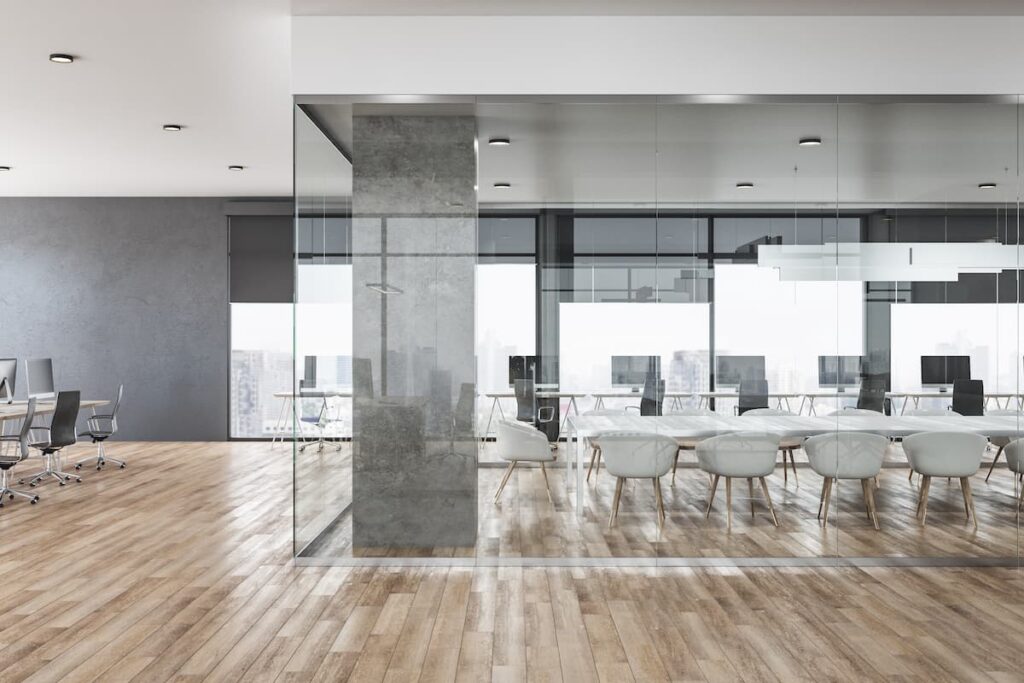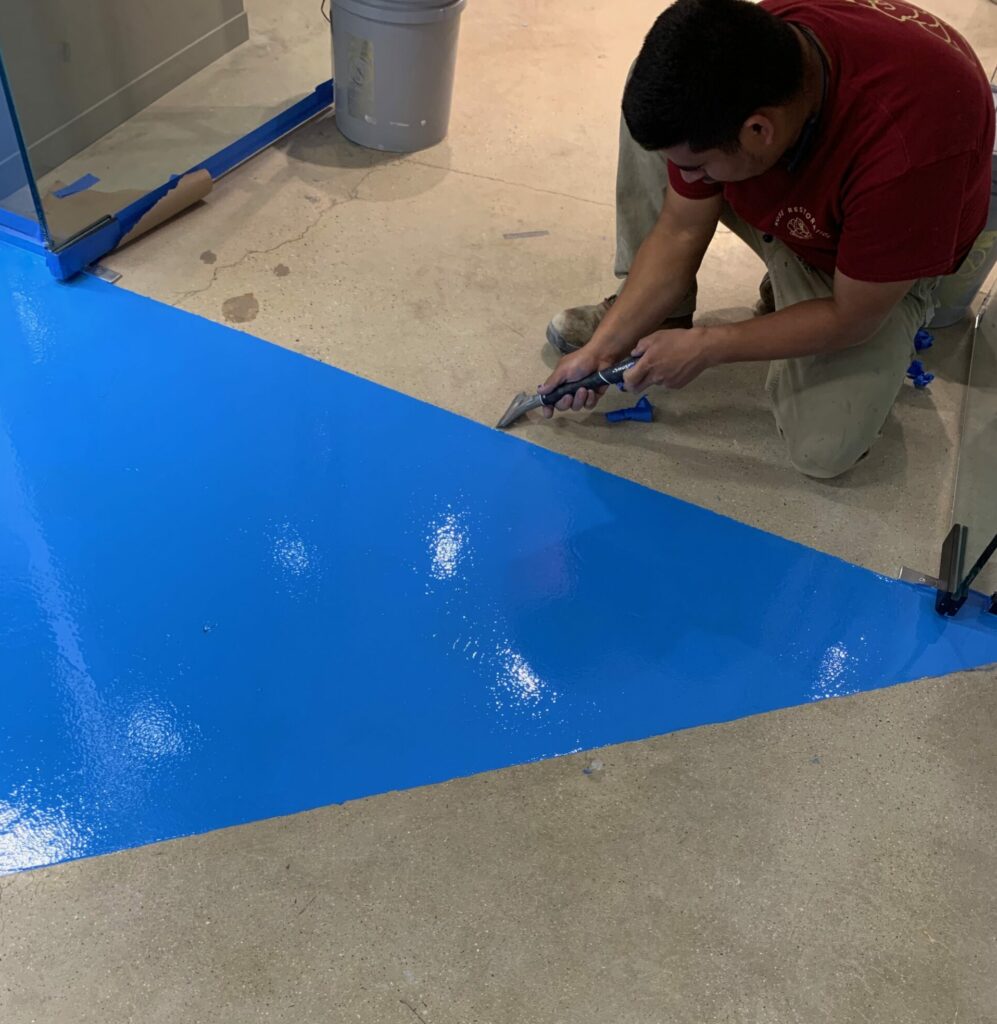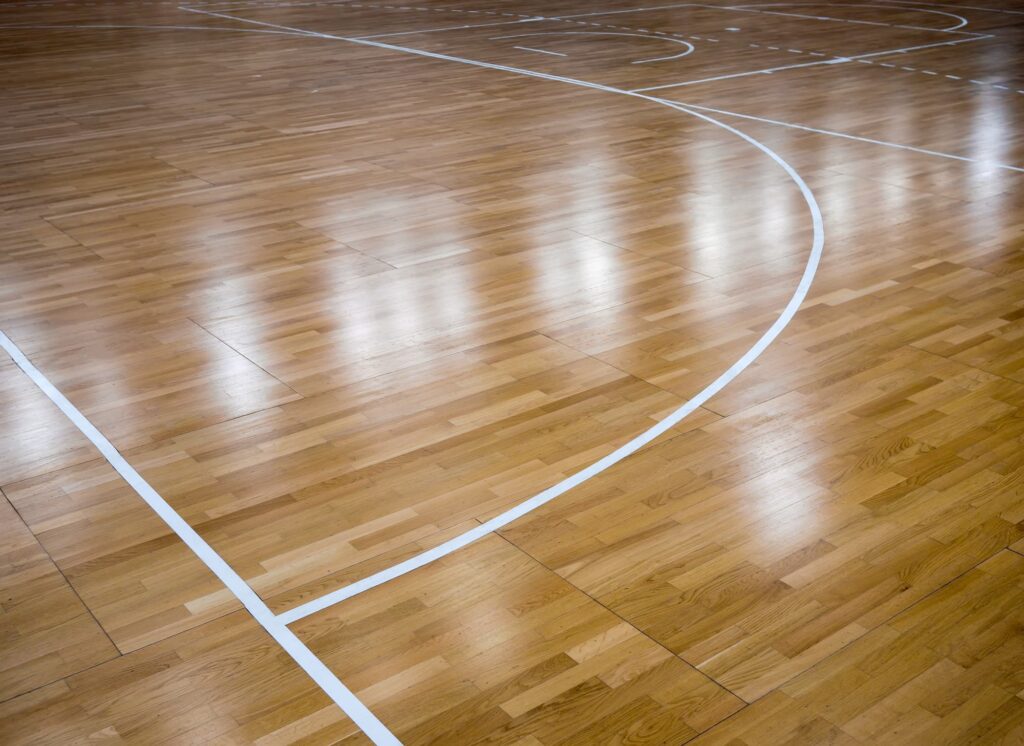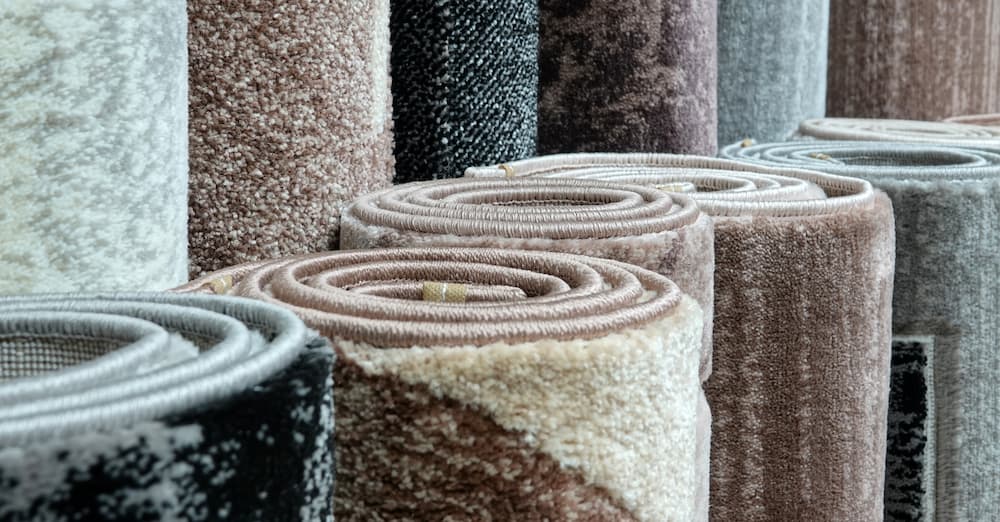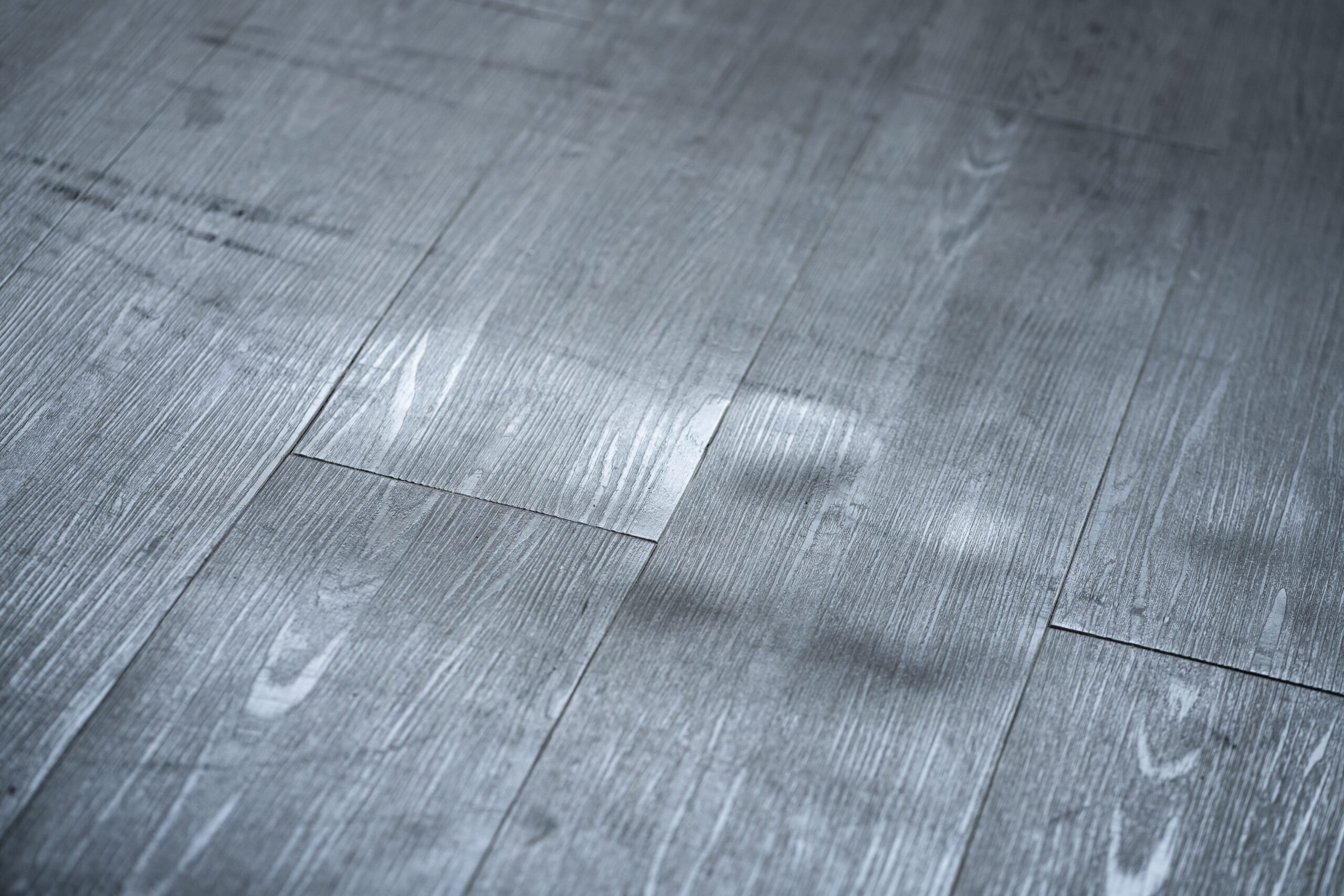
Vinyl plank flooring has become popular due to its typically inexpensive nature. Because of the ease of installation, vinyl plank can offer a low-budget alternative to traditional wood flooring that can withstand most daily activities. While vinyl plank has many appeals, there are always drawbacks to any type of product. Vinyl flooring may work in the short term, but it may not hold up to the competition in the long term. Keep reading to learn about the disadvantages of installing vinyl plank flooring in your office.
Vinyl Can Be Easy to Dent
While vinyl floors hold up to everyday wear and tear, such as walking, spills, and minor abrasions, these floors tend to dent easily. The most common way that vinyl flooring is dented is from furniture. The legs of chairs, desks, and filing cabinets hold up the weight of these objects, putting pressure on your floors. While other forms of flooring may be able to take this pressure with no problem, most vinyl floors will eventually form small dents under said furniture. This can be problematic whenever an office space needs to be rearranged, as visible dents may become more apparent in newly opened areas.
Another way that vinyl floors can be dented is from heavy items having been dropped. Heavier items dragged or dropped on vinyl plank floors can leave dents and scrapes too deep to buff out on the thin surface of the vinyl. Even lighter objects may cause small dents depending on the type of vinyl and the angle they land when they hit the ground.
Vinyl Plank Flooring Can’t Be Refinished
Another drawback of vinyl plank flooring is that it cannot be refinished. This means that when natural wear and tear occurs over time, the flooring must be replaced. Hardwood flooring typically needs refinishing every 7-10 years and can last through multiple refinishing, sometimes as many as 10-12 refinishing jobs! This makes hardwood floors last decades with some basic care. Vinyl flooring can last anywhere from 10 to 25 years, meaning you will have to replace your entire flooring every decade or two, depending on the quality of vinyl and how well it is cared for. This makes vinyl suitable for some applications, such as a high traffic business. But hardwood or another flooring type tends to be the better investment for most businesses.
Tough to Remove
In addition to having to replace vinyl more frequently than hardwood flooring, it can be difficult to remove. Vinyl planks are typically glued down to hold them in place. This makes removing it challenging, often requiring the use of heat guns and chemicals to break up and soften the glue. On top of that, some of the glue may remain stuck to the subflooring, adding another step to the removal process.
To remove vinyl plank flooring, it is often best to hire a flooring professional to get the job done. Often, the company you have hired to install new flooring will also offer removal of existing flooring, allowing installation to occur immediately following removal for a faster turnaround time. While you can remove vinyl plank flooring yourself, it often takes the right tools, safety equipment, and expertise to make sure all glue is removed in a way that does not damage your subflooring. If your subflooring has been damaged by poor vinyl plank flooring removal or for another reason, you will need to have it repaired before new flooring can be installed.
Alternatives to Vinyl Plank Flooring
There are many alternatives to vinyl plank flooring, each with its pros and cons. The type of flooring you choose will depend on your lifestyle, budget, and preferences on appearance. Vinyl plank flooring is popular because it looks like hardwood floors but usually has a lower price point. Hardwood floors typically require less work in the long run and can raise a business’s appeal and longevity. As mentioned above, hardwood floors also last longer than vinyl, making installing hardwood an investment that will pay off over time.
Other options for flooring can include carpet, carpet tiles, ceramic tiles, and stone. These options do not have the same appearance as hardwood or vinyl plank flooring, so which you choose will depend on what you want the flooring to look and feel like. Hard floor options like ceramic tiles and stones are popular alternatives to vinyl and hardwood that provide a smoother surface than carpet, making them ideal for certain businesses.
Precision Flooring Services is Here to Help you Upgrade Your Floors
You’ve come to the right place if you’re ready to upgrade your flooring. At Precision Flooring Services, we help businesses remove and replace existing flooring with the flooring they choose. We offer a wide range of flooring types and styles to fit your needs. If you’re not sure which option is the best, our experts are happy to help you make the right choice of flooring for your needs. We offer carpeting, carpet tiles, ceramic tile, stone, and hardwood. We also offer a selection of resilient flooring, including luxury vinyl tile and planks for buildings with high traffic. During the installation process, we will make sure your subflooring is ready and can repair damage if needed. All tiles are tested for moisture control to ensure only those that meet our standards.
To get started on your next flooring renovation project, contact us at Precision Flooring Services and let our experts help you upgrade your business today.
Image Credit: Audrey_Popov, Shutterstock

